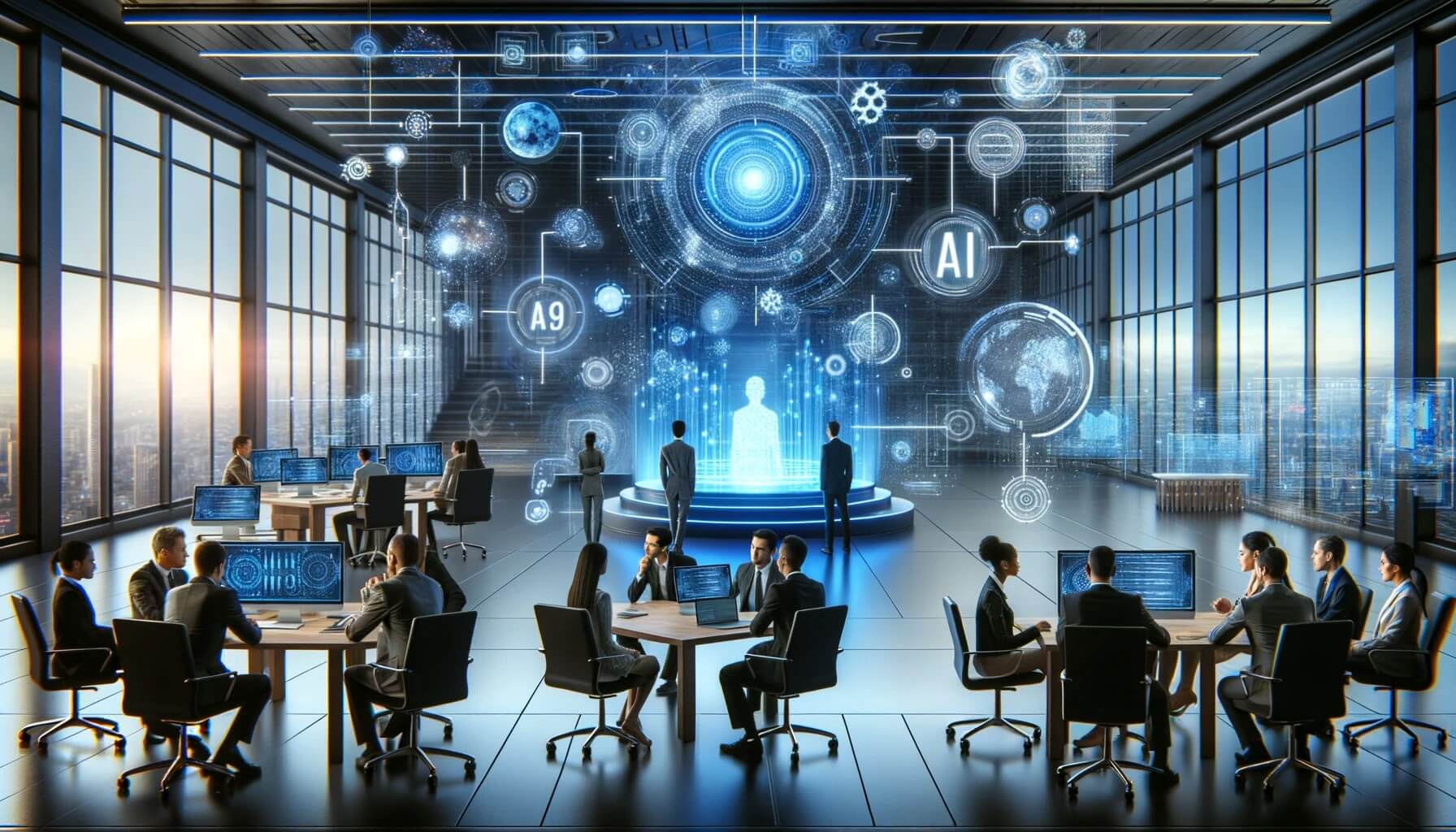Redefining the Future of Work: The Dawn of Generative AI

Introduction
In a world that is increasingly driven by technology, the future of work is a topic that has garnered much attention and debate. While many envision a future where jobs are scarce due to automation, others see a world full of possibilities, thanks to the rise of Artificial Intelligence (AI). One subset of AI that is drawing particular interest is Generative AI. This emerging technology has the potential to bring seismic shifts to our work culture, revolutionizing tasks, reinventing roles, and even upending entire industries. But what exactly is Generative AI, and how can it redefine the future of work? Let's delve into this fascinating subject.
What is Generative AI?
Generative AI is a type of artificial intelligence that can create new content, solutions, or data based on the information it has been trained on. Unlike traditional AI systems that are designed to analyze data and produce a specific output, generative models have the ability to innovate, creating something entirely new. This quality makes them highly adaptable and capable of handling a wide range of tasks, from writing code to designing buildings.
The Irreversible Rise of Generative AI
As the article "Generative AI and the future of work" suggests, the rise of generative AI is inevitable. It's not just a wave; it's a tidal shift that is likely to change the landscape of work as we know it. The technology is advancing at such a rapid pace that it's only a matter of time before machine intelligence surpasses human intelligence in many domains. So, what kind of workplace changes can we expect?
Tasks Transformed
With the advent of generative AI, routine and repetitive tasks will become automated, allowing human workers to focus on more complex and creative endeavors. For example, in the healthcare industry, AI can sift through vast amounts of data to diagnose diseases, freeing up doctors to concentrate on treatment plans and patient care.
Roles Reinvented
The introduction of generative AI will necessitate a reevaluation of job roles. Roles that were previously considered indispensable may become obsolete, and new roles that we can't yet imagine will emerge. Take the field of journalism, for instance. Generative AI tools can write news articles, but they lack the human touch needed for storytelling. This could lead to a new breed of journalists who act more as editors and curators, refining the stories generated by
Industries Upended
The impact of generative AI will not be confined to specific tasks or roles; entire industries will undergo transformation. The manufacturing sector, for instance, could see a shift towards more localized production as AI-driven systems make it more cost-effective.
The Dual-Edged Sword: Challenges and Ethical Considerations
While the potential benefits are enormous, the advent of generative AI also presents several challenges and ethical considerations. For one, the issue of job displacement is a serious concern. How do we retrain workers whose jobs have been made redundant by AI? Secondly, there are questions about the ethical use of generative AI, such as the potential for creating deepfakes or generating misleading information.
Future Skills and Adaptability
As generative AI becomes an integral part of the workforce, the skills required for employment will evolve. Adaptability and a willingness to learn will be more valuable than ever. Employees will need to focus on skills that are uniquely human, such as emotional intelligence, creativity, and complex problem-solving.
Conclusion
Generative AI is set to redefine the future of work in ways that are both exciting and challenging. It will transform tasks, reinvent roles, and upend industries, bringing both opportunities and complexities. As we stand on the cusp of this technological revolution, it is imperative that we prepare ourselves for the changes that are coming. This means not just embracing the technology, but also considering its ethical implications and planning for a future where adaptability is key.
The question is no longer whether generative AI will impact the future of work; it's how we will adapt to these changes and harness this powerful technology for the greater good. With thoughtful planning and ethical considerations, generative AI has the potential to usher in a new era of innovation, productivity, and human flourishing.

